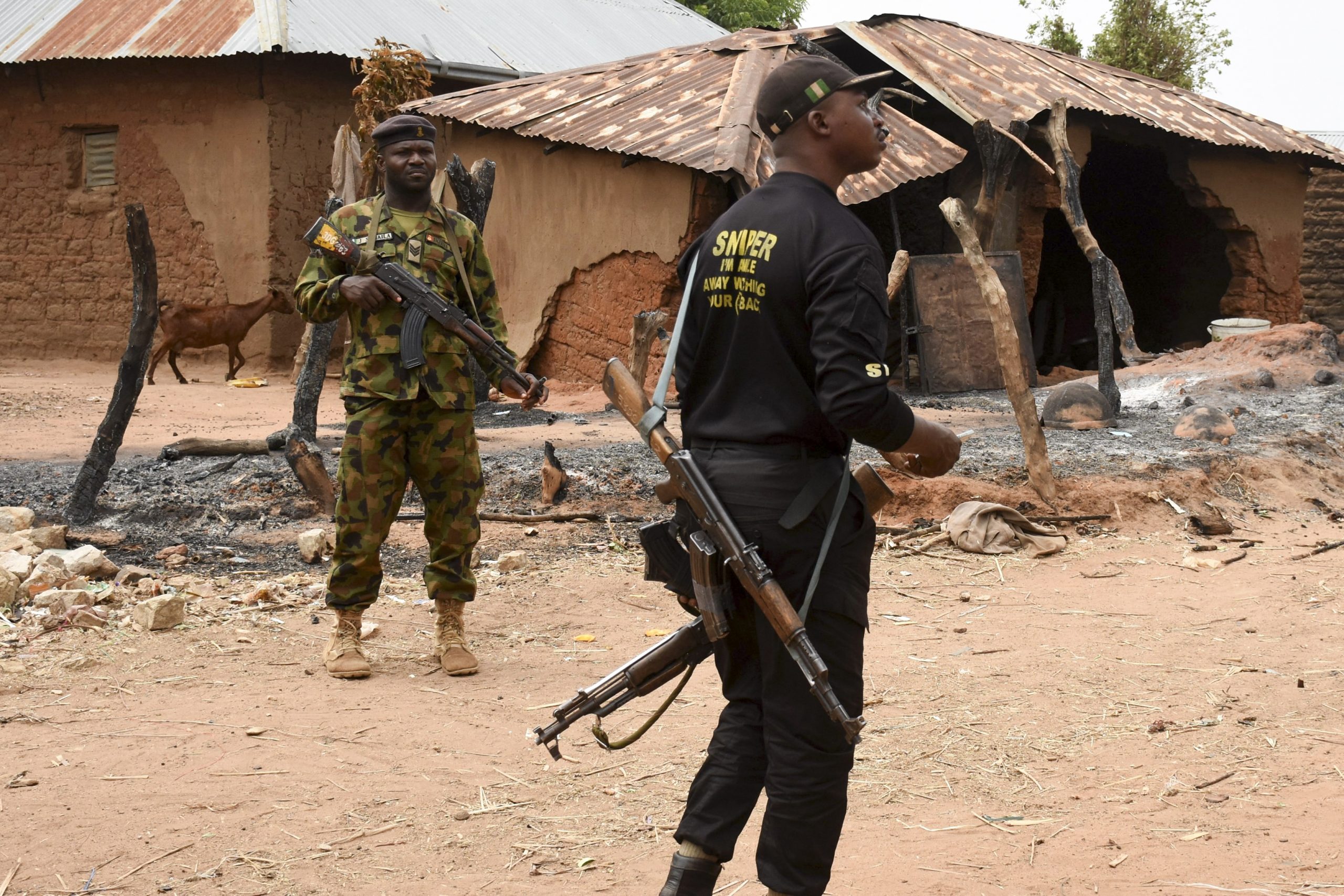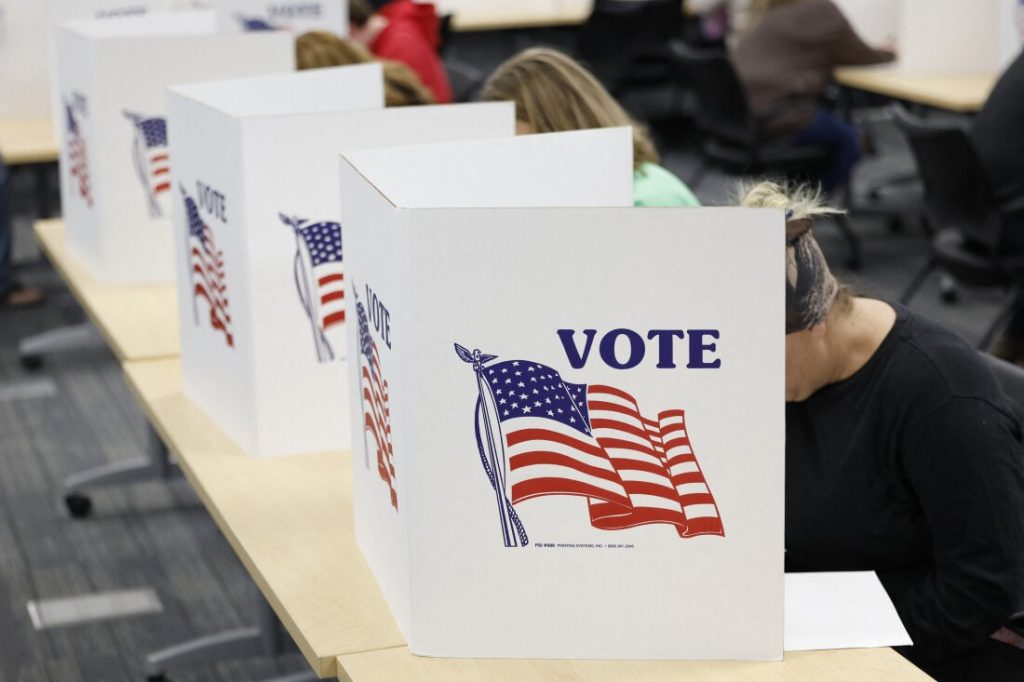Nigeria, often referred to as the “Giant of Africa,” is a country of rich cultural diversity, immense natural resources, and significant political influence on the continent. As the most populous country in Africa and the seventh most populous in the world, Nigeria’s socio-political and economic developments hold great importance not only regionally but also globally. In recent years, Nigeria has been in the spotlight for various reasons, including political transitions, security challenges, economic reforms, and its pivotal role in shaping African diplomacy. This article provides an in-depth analysis of the most significant news and developments in Nigeria, covering key areas such as politics, economy, security, and societal issues.
Political Landscape: Leadership Transitions and Governance Challenges
Presidential Elections and Leadership
The political landscape in Nigeria has witnessed notable changes in recent years, especially with the presidential elections. Nigeria’s democracy has evolved since its return to civilian rule in 1999, and elections continue to be a focal point for political news in the country. The most recent presidential election, Nigeria News held in 2023, was highly contested, with several major candidates vying for power.
Bola Tinubu, the candidate from the All Progressives Congress (APC), emerged victorious, defeating his closest rival from the People’s Democratic Party (PDP). Tinubu’s campaign focused on continuing the development agenda of his predecessor, Muhammadu Buhari, while promising new reforms in infrastructure, healthcare, and education. The election period, as usual, was fraught with controversies, accusations of rigging, and legal battles. Despite these challenges, Tinubu’s leadership is anticipated to bring a new direction to the country.
Political Corruption and Reform Efforts
Corruption has been a perennial issue in Nigerian governance. Successive administrations have attempted to tackle it, with mixed results. Tinubu’s government faces the enormous task of addressing the corruption allegations that have plagued various levels of the administration. The introduction of new anti-corruption measures and reforms aimed at increasing transparency and accountability in public service is crucial. The Economic and Financial Crimes Commission (EFCC) remains at the forefront of anti-corruption efforts, though critics argue that its impact has been limited.
Restructuring Nigeria: Debates on Federalism
There has also been ongoing discourse about restructuring Nigeria to address the country’s deep ethnic, religious, and regional divisions. The calls for restructuring, which would involve devolving more power to the states, have gained traction in recent years. Advocates argue that it could promote economic development and reduce tensions between the country’s various ethnic groups, while opponents fear that it could lead to disintegration. This debate is likely to remain a significant political issue for the foreseeable future.
Security Challenges: Insecurity and Insurgencies
Boko Haram and Terrorism
One of the most persistent issues in Nigeria has been the battle against Boko Haram, the Islamic extremist group that has wreaked havoc in the northeastern part of the country for over a decade. Boko Haram’s insurgency has led to tens of thousands of deaths and displaced millions of people. Despite efforts by the Nigerian military and its regional allies to contain the group, the insurgency continues, albeit with diminished strength.
The group’s splinter faction, the Islamic State in West Africa Province (ISWAP), has emerged as a more formidable force in recent years. ISWAP has focused on more strategic attacks, targeting military installations and oil facilities in Nigeria’s northeast. The Nigerian government, with international support, has implemented several initiatives aimed at curbing terrorism, but the road to completely eradicating the insurgency remains long.
Banditry and Kidnappings
Aside from terrorism, another significant security issue in Nigeria is the rising incidence of banditry, especially in the northern and northwestern parts of the country. Armed groups, often referred to as bandits, have terrorized rural communities, engaging in mass abductions, cattle rustling, and armed robbery. The phenomenon of kidnapping for ransom has become particularly alarming, with schools often targeted, leading to widespread fears about the safety of children in affected regions.
Efforts to tackle this issue have included increased military deployments to affected areas, negotiations with some of the bandit groups, and efforts to address the underlying socio-economic conditions fueling the violence. However, achieving lasting peace in these regions will require a multifaceted approach, including economic development, security sector reform, and community engagement.
The Niger Delta and Oil-Related Conflict
In the Niger Delta region, tensions over oil production and revenue sharing have also caused significant unrest. Militants in the region have, in the past, engaged in sabotage of oil pipelines, leading to disruptions in production and considerable economic losses for Nigeria, which relies heavily on oil revenue. Although the intensity of the conflict has reduced in recent years, occasional flare-ups still occur, as underlying grievances over environmental degradation and the distribution of oil wealth remain unresolved.
Economic Developments: Reform and Growth Amidst Challenges
Nigeria’s Oil-Dependent Economy
Nigeria’s economy is largely dependent on oil exports, which account for the bulk of government revenue. However, fluctuating global oil prices and production challenges have made the country’s economy highly vulnerable. Economic diversification has been a key theme for successive governments, yet the transition away from oil dependency has been slow.
The Tinubu administration has set ambitious goals to revamp the economy, with a focus on diversifying revenue sources, improving infrastructure, and tackling the country’s persistent power shortages. Despite these efforts, Nigeria continues to grapple with inflation, unemployment, and a growing debt burden. The country’s economy is also heavily impacted by insecurity, which has disrupted agricultural production and other key sectors.
The Central Bank and Currency Challenges
Another major issue facing Nigeria’s economy is the management of its currency, the naira. In recent years, the value of the naira has plummeted, leading to inflationary pressures on goods and services. The Central Bank of Nigeria (CBN) has struggled to maintain a stable exchange rate, and attempts to stabilize the currency through measures such as foreign exchange controls have been met with mixed results.
The introduction of a digital currency, the eNaira, was heralded as a significant financial innovation by the CBN, aimed at promoting financial inclusion and improving monetary policy efficiency. However, its adoption has been slow, and its long-term impact remains uncertain.
Unemployment and Youth Discontent
Unemployment, particularly among Nigeria’s large youth population, remains a critical challenge. The youth unemployment rate has spiked in recent years, exacerbated by the COVID-19 pandemic and a sluggish economic recovery. High levels of unemployment have contributed to rising social unrest, with young people increasingly disillusioned by the lack of opportunities and a perceived disconnect between the political elite and ordinary citizens.
Initiatives such as the Nigerian Youth Employment Action Plan (NIYEAP) have been introduced to address this issue, but much more needs to be done to create sustainable job opportunities in sectors beyond oil and agriculture.
Social Issues: Protests and Societal Change
#EndSARS and Police Reform
The #EndSARS movement, which erupted in 2020, was one of the most significant social movements in Nigeria’s recent history. The protests, led primarily by young Nigerians, initially called for the disbandment of the Special Anti-Robbery Squad (SARS), a unit of the Nigerian police notorious for human rights abuses. However, the movement quickly expanded to encompass broader demands for police reform, better governance, and an end to corruption.
Although the government responded by disbanding SARS, the protests were met with a violent crackdown, most notably the shooting of unarmed protesters at the Lekki Toll Gate in Lagos. The aftermath of the protests continues to reverberate through Nigerian society, with calls for accountability and reform remaining at the forefront of social activism.
Gender Equality and Women’s Rights
Nigeria has made some progress in advancing gender equality, but significant challenges remain. Women in Nigeria face systemic barriers to education, employment, and political representation. While there are numerous advocacy groups working to address these issues, entrenched cultural and societal norms have slowed progress.
The push for greater representation of women in politics and leadership positions has gained momentum, particularly ahead of the 2027 elections, where more women are expected to seek office. Additionally, Nigeria News efforts to combat gender-based violence, including the passing of the Violence Against Persons Prohibition (VAPP) Act, have been significant steps toward improving women’s rights in Nigeria.
Education and Healthcare
Education and healthcare in Nigeria remain key areas in need of improvement. Despite being Africa’s largest economy, Nigeria continues to lag behind in providing quality education and healthcare services to its citizens. The education sector faces issues such as inadequate funding, teacher shortages, and strikes, while the healthcare system struggles with insufficient infrastructure and a brain drain of medical professionals seeking better opportunities abroad.
Conclusion
Nigeria’s news cycle is constantly evolving, shaped by a complex mix of political, economic, and social factors. From leadership transitions to security challenges, economic reforms, and social movements, the country faces numerous challenges as it seeks to fulfill its vast potential. The future of Nigeria will depend on how its leaders and citizens address these pressing issues while continuing to build on the country’s strengths, such as its vibrant youth population and its position as a regional power in Africa.




